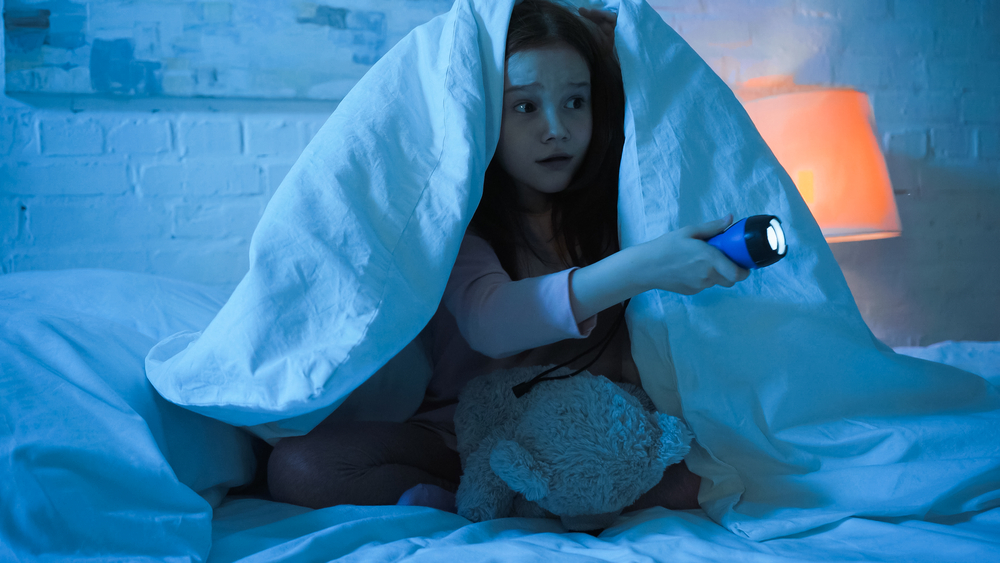The power went off at my house a few days ago. It was a minor interruption, but still disrupting enough that I could not work for a while. You see, my work revolves around a computer and the internet. My computer kept running thanks to its lithium-ion battery. But without power, neither my router nor my cable modem worked. I was left disconnected until the power came back on.
That brief amount of time waiting to get back to work made me realize just how much of my life depends on electricity. Batteries took on new meaning as I contemplated using my phone to access the internet while continuing to write via the computer.
I soon realized that my phone could get me through for only so long. Eventually, its battery would need to be recharged. If the power didn’t come on, even my phone would ultimately be useless to me. So much for batteries allowing us to be independent from grid power. They can facilitate bypassing the grid temporarily, but not forever.
If More Things Were Battery Powered
As I sat through the power outage, my mind began entertaining what life would be like if more things were battery powered. For instance, I recalled that one of my neighbors a few houses down has a battery-powered lawnmower. The guy across the street drives an electric car. Yet I don’t know of anyone whose refrigerator runs on battery power.
Ditto for stoves, dishwashers, HVAC units, and so forth. Everything from our lights to our water heating systems require grid power. But wait. We could operate them on batteries if we wanted to. We don’t mainly because of certain practical and efficiency issues.
Imagine if every electrical appliance in your home operated on batteries. You would only plug things into the wall to keep them charged. That kind of set up would certainly make power outages less inconvenient. But it would also put the pressure on companies like Pale Blue Earth, the companies that design, manufacture, and distribute rechargeable batteries.
-
Long Life, Lots of Charges
Though my dream of powering every electrical device via batteries is more than a long shot, the one thing that gives me hope is lithium-ion technology. Take a typical Pale Blue Earth USB rechargeable battery. You can charge it 1000+ times. And because li-ion batteries charge so quickly, it doesn’t take long to go from full discharge to full charge.
In theory, the right battery should be able to keep a device going for at least several hours. That obviously wouldn’t help when power outages lasted for days, but how often does that happen? Most of the power outages I have experienced in my current home haven’t lasted for more than a couple of hours.
The longest time I went without power was five days. That was the result of a hurricane. But that has only happened once in the eight years I have lived in central Florida.
-
Keeping Life Powered
If more things were battery operated, I may not have lost valuable work time when the power went out a few days ago. My router and modem would have continued to work flawlessly. I would have continued to write uninterrupted. And my workday, instead of being pushed into overtime, would have ended on schedule.
Indeed, batteries keep life powered. They make it possible for us to stay connected via cell phones. Batteries power our computers, remote controls, portable music players, wearable devices, and on and on. Their importance takes on a whole new meaning when the power goes out. That’s for sure.

